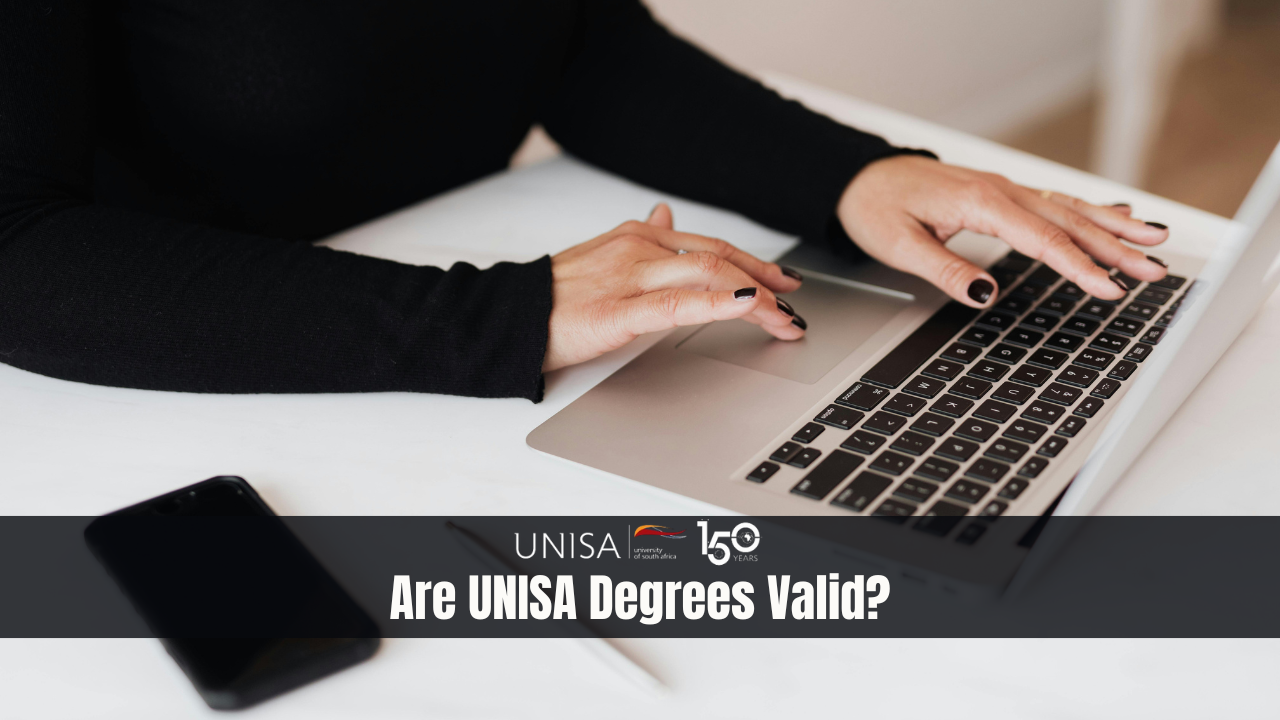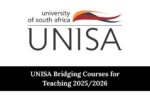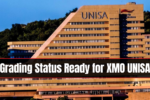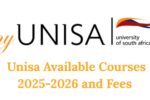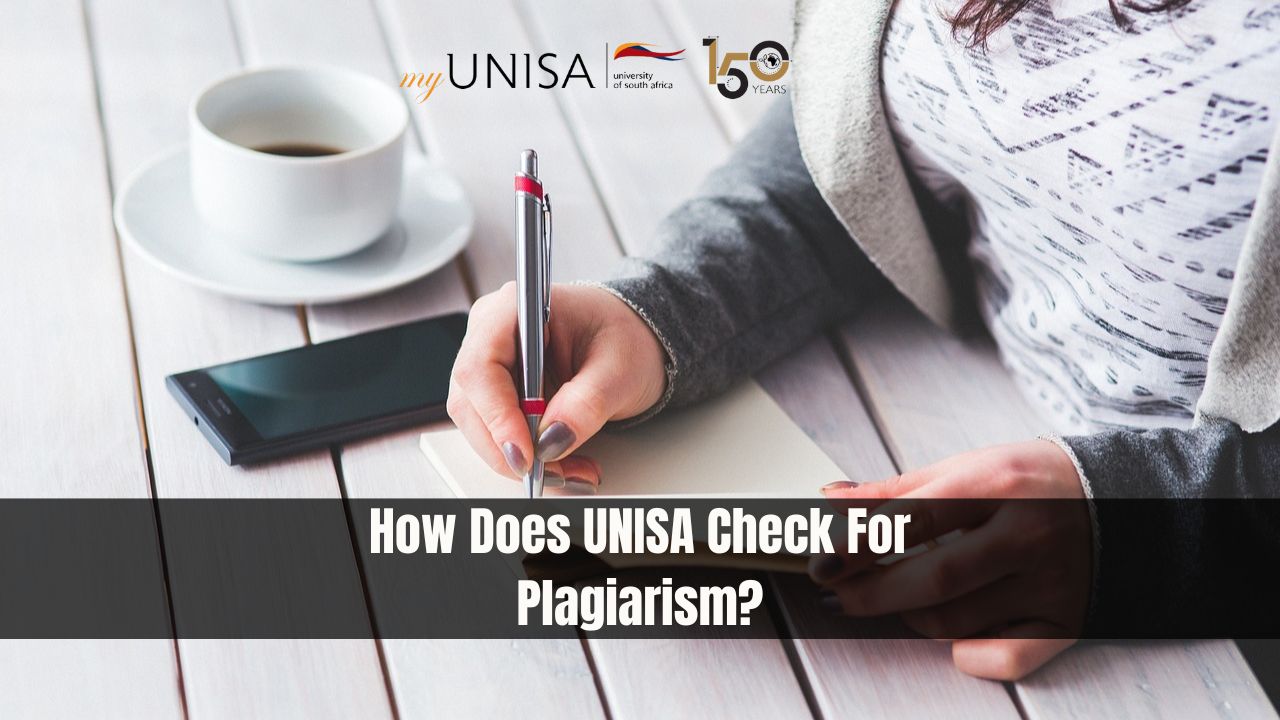Are UNISA Degrees Valid? When considering higher education options, especially through distance learning institutions, the validity and recognition of the degree offered become crucial factors. For those looking into the University of South Africa (UNISA), one of the most common questions is, “Are UNISA degrees valid?” The answer is a resounding yes, and here’s why.
Are UNISA Degrees Valid?
UNISA, Africa’s leading open distance learning institution, has garnered recognition on a global scale. One of the most significant endorsements of its credibility comes from its inclusion in the International Handbook of Universities, a prestigious publication by the United Nations Educational, Scientific and Cultural Organization (UNESCO). This handbook is an authoritative guide to higher education institutions worldwide, offering a comprehensive overview of universities that meet stringent international standards.
Verification by the International Association of Universities (IAU)
In addition to its listing in the UNESCO publication, UNISA’s status is also officially verified by the International Association of Universities (IAU). The IAU, a global organization based in Paris, works closely with UNESCO to promote and advance higher education worldwide. Being verified by such a reputable body further underscores the legitimacy and quality of UNISA’s degrees.
What Does This Mean for UNISA Graduates?
For UNISA graduates, this international recognition translates into degrees that are not only valid but also respected across the globe. Whether pursuing further studies or seeking employment, UNISA graduates can confidently present their qualifications, knowing they have earned them from an institution acknowledged by leading international educational bodies.
Conclusion
UNISA degrees are indeed valid, backed by international recognition and verification from UNESCO and the IAU. This validation ensures that UNISA continues to be a trusted and respected institution, offering quality education that meets global standards.

